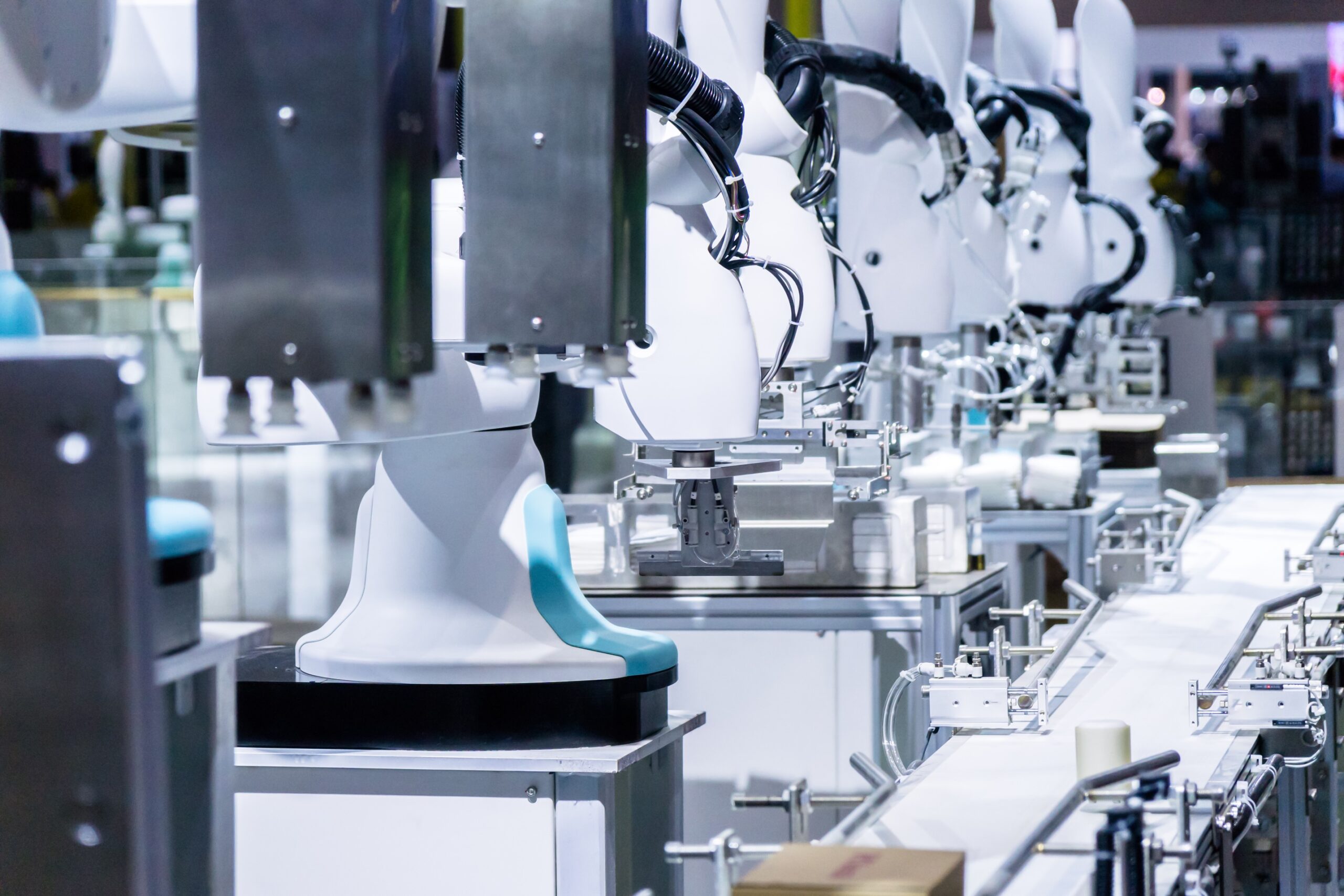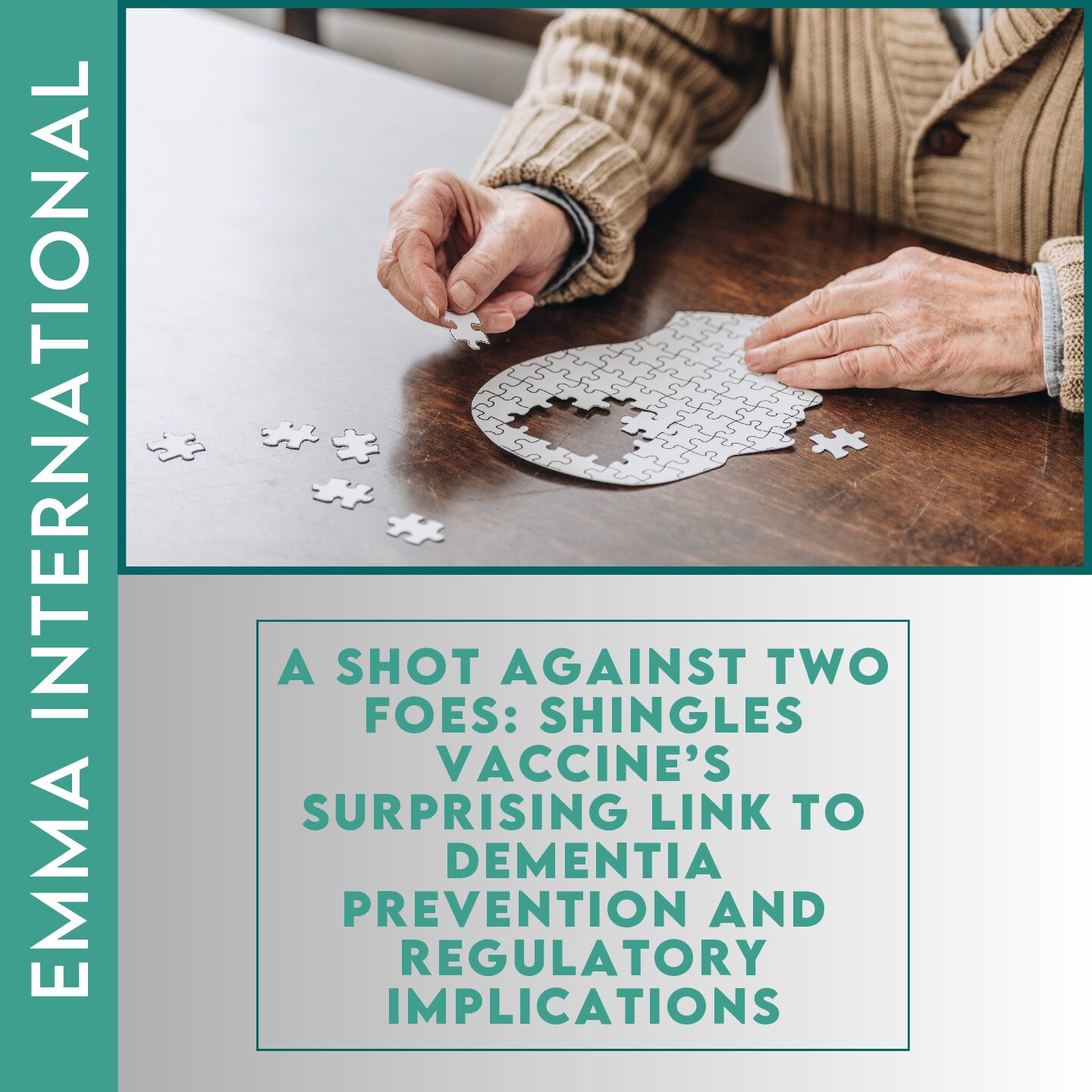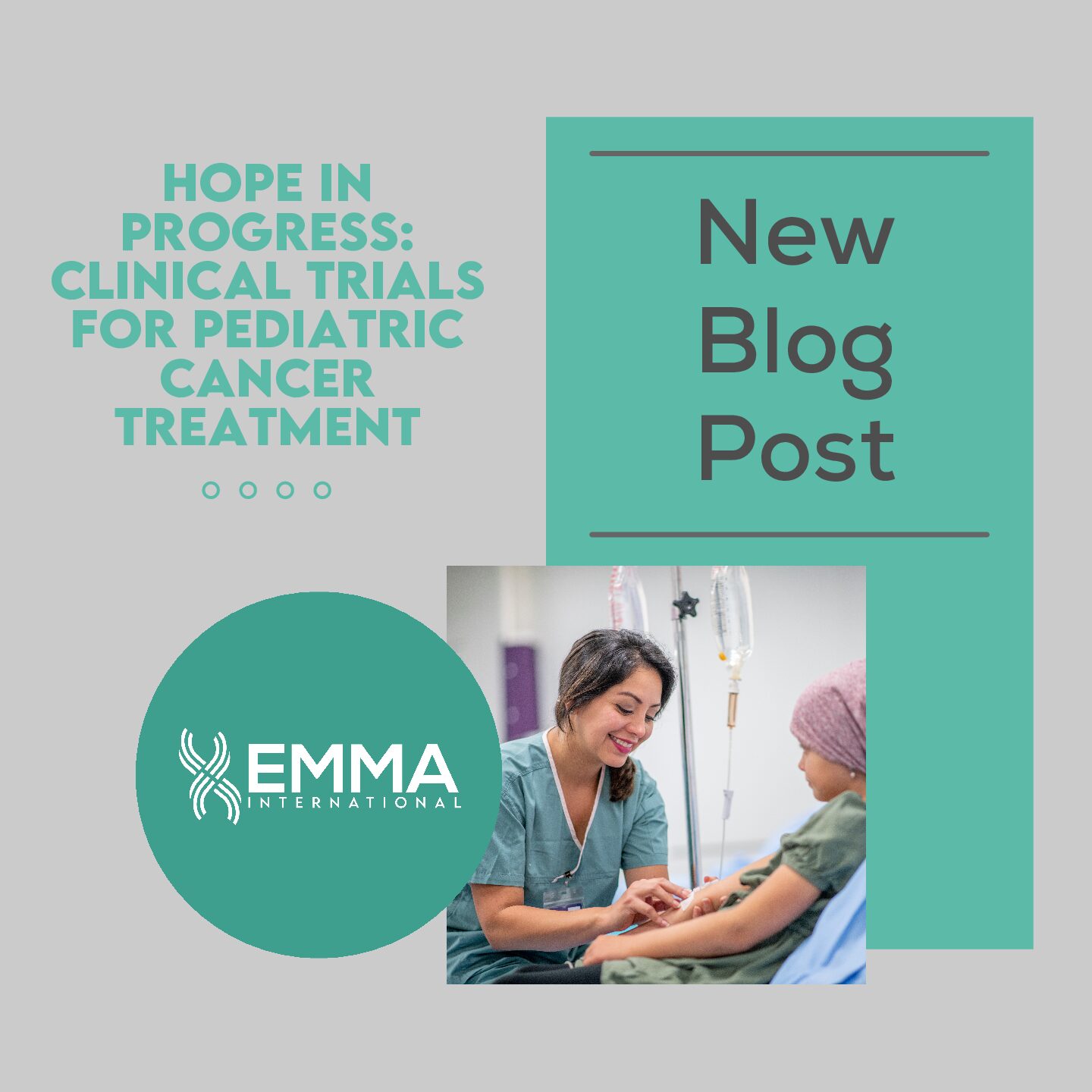The FDA’s Total Product Life Cycle (TPLC) program is a comprehensive framework designed to ensure the safety and effectiveness of medical devices throughout their entire life span. This program represents a significant shift in how the FDA regulates medical devices, focusing not only on the initial approval process but also on ongoing monitoring and improvement. This blog will discuss the TPLC program and its implications for the medical device industry.
The TPLC program is an integrative approach that the FDA uses to oversee medical devices from their conception through retirement. It encompasses all stages of a product’s life cycle, including:
Pre-Market: Research, development, and testing before the product is available for sale.
Market Approval: Evaluation and approval processes ensuring the device meets regulatory standards.
Post-Market: Continuous monitoring and regulation after the product is on the market.
The TPLC begins with pre-market activities. This phase involves the initial idea generation, design, and development of the medical device. The FDA encourages manufacturers to engage in early and ongoing communication to address regulatory requirements. Rigorous testing, including clinical trials, ensures that the device is safe and effective for its intended use. The FDA reviews the data from these trials to make informed decisions about market approval.
Next is the marketing approval stage. During this stage, manufacturers submit detailed information about the device, including preclinical and clinical data, to the FDA for evaluation. This step may involve premarket notification [510(k)], premarket approval (PMA), or de novo classification.
The FDA evaluates potential risks associated with the device and requires manufacturers to implement mitigation strategies. This includes labeling, warnings, and post-market surveillance plans.
Once a device is on the market, the FDA requires ongoing monitoring to detect any adverse events or issues. Manufacturers must report any significant problems to the FDA. The FDA enforces QSR to ensure that manufacturers maintain high-quality standards in production and post-market activities. The FDA increasingly relies on real-world data to assess the long-term safety and effectiveness of medical devices. This includes data from electronic health records, patient registries, and post-market studies.
Benefits of the TPLC Program
- Enhanced Safety and Effectiveness: By focusing on the entire life cycle of a medical device, the TPLC program aims to identify and mitigate risks early and continuously, ensuring that devices remain safe and effective for patients.
- Faster Access to Innovations: The program’s emphasis on early and ongoing communication between manufacturers and the FDA helps streamline the approval process, potentially bringing innovative devices to market more quickly.
- Informed Decision-Making: The use of real-world evidence in the post-market phase provides the FDA with valuable data to make informed decisions about device safety and effectiveness, leading to better regulatory outcomes.
While the TPLC program offers significant benefits, it also presents challenges:
Data Integration and Analysis: The collection and analysis of real-world data require robust systems and methodologies to ensure accuracy and reliability.
Resource Allocation: Implementing and maintaining the TPLC program demands significant resources from both the FDA and manufacturers, including staffing, technology, and financial investment.
Global Harmonization: As medical device markets become increasingly global, harmonizing regulatory approaches across different countries is crucial for the success of the TPLC program.
The FDA’s Total Product Life Cycle program represents a forward-thinking approach to medical device regulation, emphasizing safety, effectiveness, and innovation throughout a product’s entire life span. By integrating pre-market, market approval, and post-market activities, the TPLC program ensures that medical devices not only meet regulatory standards at launch but continue to perform safely and effectively over time. As the program evolves, it will play a critical role in advancing public health and fostering trust in medical device regulation.
With decades of industry experience, regulatory and compliance expertise, and a suite of scalable solutions, we’ll help advance your product in accordance with regulatory requirements worldwide. Learn more by emailing info@emmainternational.com or calling us at 248-987-4497.
FDA (Sep 2023) Total Product Life Cycle for Medical Devices retrieved from: https://www.fda.gov/about-fda/cdrh-transparency/total-product-life-cycle-medical-devices





